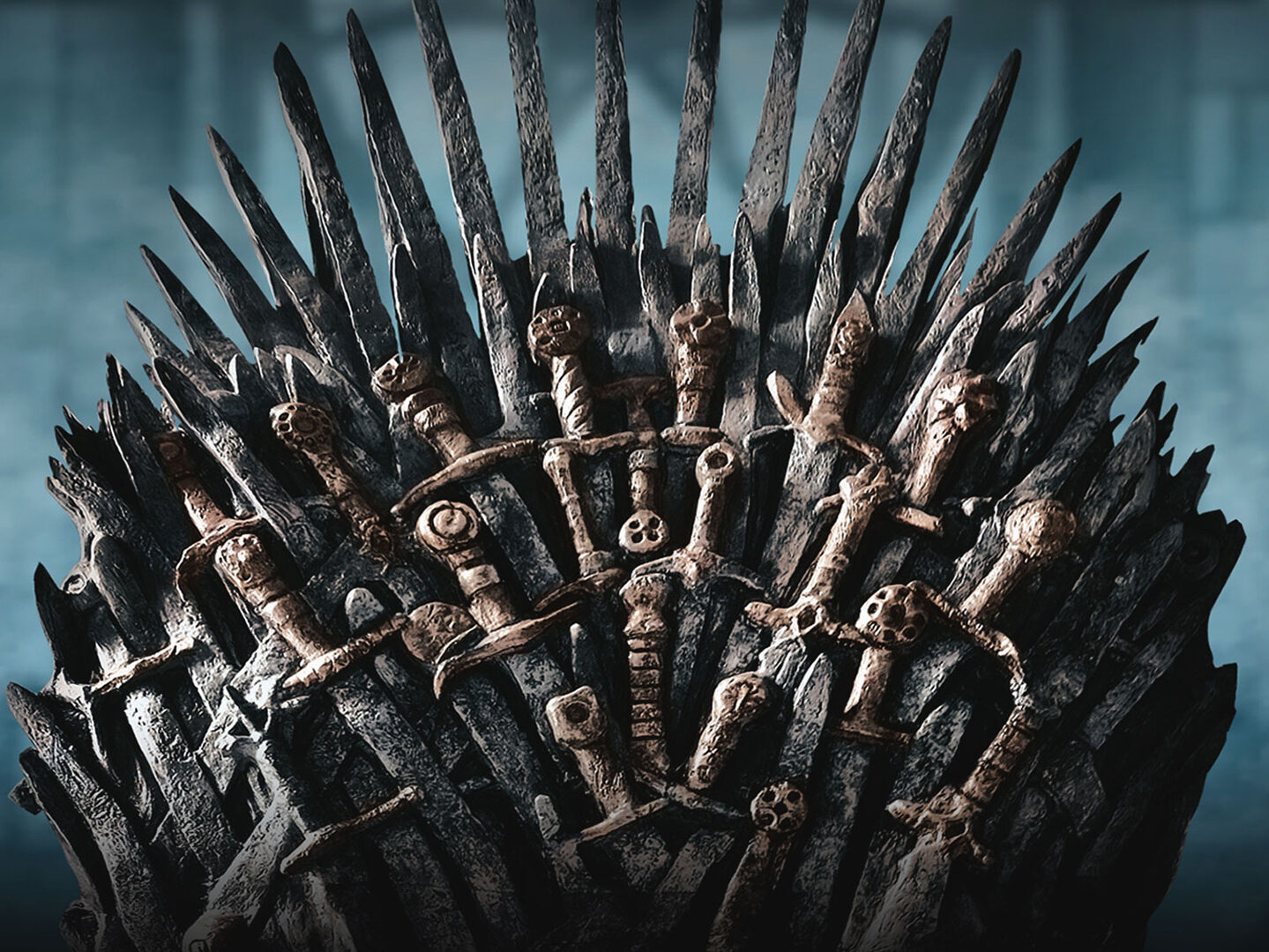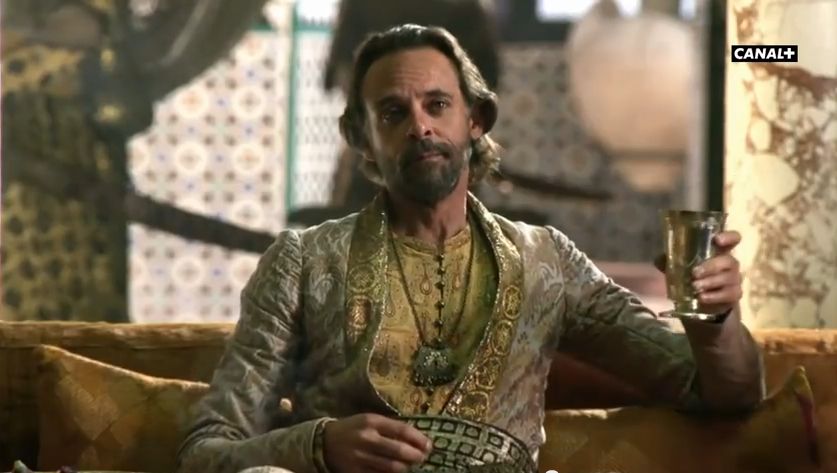Learning Objectives:
- Define the Broken Window Fallacy and its relevance to economic growth.
- Analyze Prince Doran’s decision to avoid war as an example of economic rationality.
- Compare the economic trade-offs between war spending and productive investment.
Materials Needed
- Video: Broken Window Fallacy – Prince Doran (https://econthrones.com/broken-windows-fallacy/)
- Visual aids: Charts or slides on the opportunity costs of war spending
Lesson Steps
1. Engage (5 minutes)
- Begin with a thought experiment: “Imagine your phone breaks and you spend $500 on repairs. Does this help or hurt the economy?”
- Introduce the concept of the Broken Window Fallacy: the idea that replacing destroyed goods does not lead to economic growth because resources are diverted from other productive uses.
Show the Broken Window Fallacy – Prince Doran video
2. Explore (15 minutes)
Discussion Questions (Post-Video):
- Why does Prince Doran choose to avoid war with the Lannisters?
- What are the economic costs of waging war, according to Doran?
- How does Ellaria Sand’s perspective differ from Doran’s? Why might she view the cost of war differently?
3. Explain (10 minutes)
Use the whiteboard or presentation to explain:
- The Broken Window Fallacy
- Coined by economist Frédéric Bastiat, the fallacy suggests that destruction does not benefit the economy because it diverts resources from more productive uses.
- Connection to War:
- War spending focuses on military goods (e.g., weapons, armor) that do not create lasting value for the economy.
- Resources used for war could instead be invested in consumer goods, infrastructure, or education, which contribute to economic growth.
- Prince Doran’s Perspective:
- Avoiding war preserves resources for constructive use.
- Emphasizes opportunity cost: the value of what is foregone when resources are used for war instead of other priorities.
4. Elaborate (15 minutes)
Activity: Group Discussions or Think-Pair-Share
- Have students go into groups or do a think-pair-share to answer two questions
- Question: War is an real-world example of when destruction might boost GDP but is a case of the Broken Window Fallacy? Can you come up with other examples?
After students work together, ask some groups to share their answers with the class.
Extension Opportunity:
Have students research historical examples of post-war economies (e.g., post-WWII Europe) to examine how war affects long-term economic recovery and growth.

